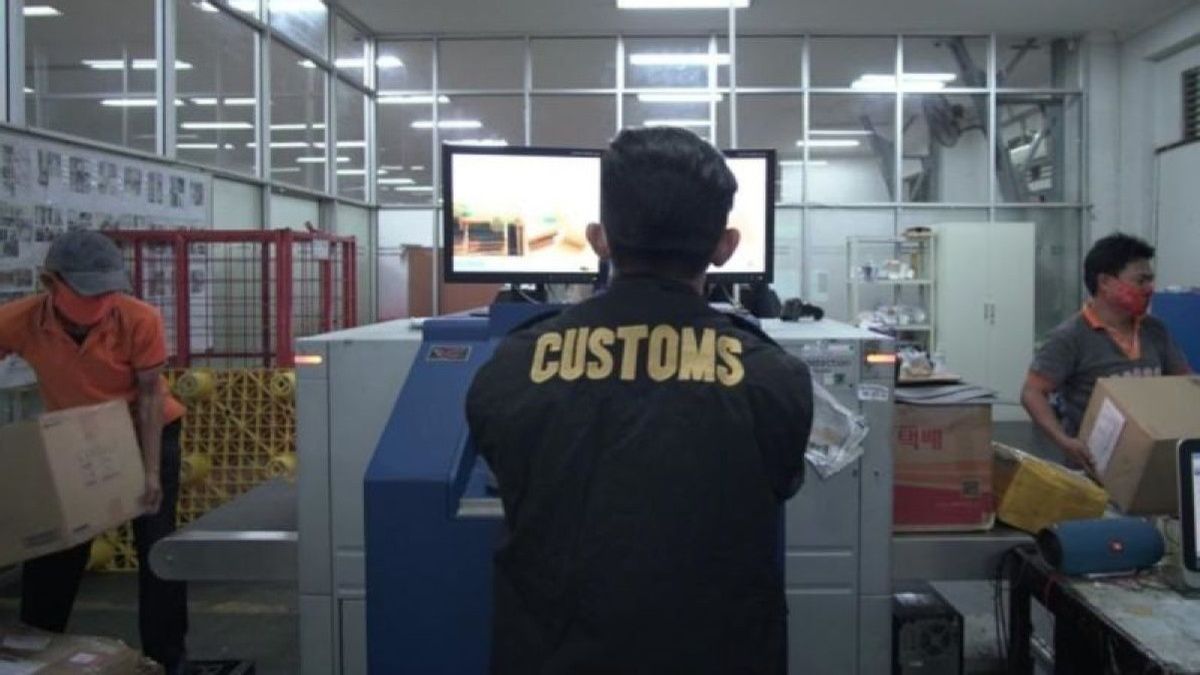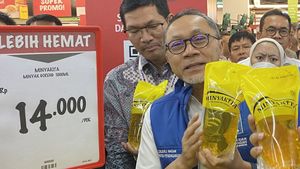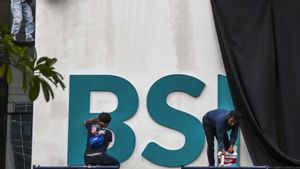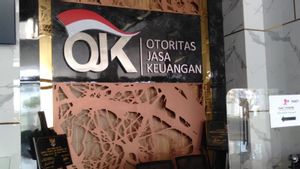The government through the Ministry of Finance (Kemenkeu) has issued a new regulation regarding the immediate service process or rush handling of certain imported goods with time and conditions sensitive characteristics.
This rule is contained in the Minister of Finance Regulation (PMK) Number 26 of 2024 concerning Amendments to the Regulation of the Minister of Finance Number PMK-74/PMK.04/2021 concerning the Expenditure of Imported Goods for Use with Immediately Services (Rush Handling), which has been in effect since May 29, 2024.
Head of the Public Relations and Customs Counseling Sub-Directorate, Encep Dudi Ginanjar, emphasized that this PMK was prepared as a government step in increasing the efficiency and effectiveness of the process of releasing imported goods with a rush handling scheme.
In addition, Encep conveyed that there were also several obstacles in the previous regulation, so it is necessary to harmonize regulations as a government commitment in providing legal certainty.
"Not all of them have been changed, but there are several rules added through PMK 26 of 2024, such as the category of rush handling goods, shapes, amounts and mechanisms for guarantee returns, risk management schemes for physical inspection of goods, to partial goods expenditure rules," said Encep in his statement, Thursday, June 13.
There are additional categories of rush handling goods from 10 to 13 types of items, including corpse bodies and ashes, human organs, including kidneys, eye cornea, or blood, items that can damage the environment, including materials that contain radiation, live animals, live plants.
Furthermore, such as time-sensitive newspapers and magazines, documents (letters), foreign banknotes, vaccines or medicines for humans that are time-sensitive and/or require special treatment.
As well as some raw materials such as fresh cut plants, including flowers, leaves, branches, or other parts of the plant, fish or fish meat in fresh or cold condition, meat other than fresh or cold fish meat, or other items that have obtained permission from the Head of the Customs Office or the appointed Customs Office.
Encep added that rush handling services will make the import process easier.
The procedure for removing goods with a rush handling mechanism starts from submitting applications by importers accompanied by complementary documents.
In addition, research will be carried out on the prohibition of restrictions through the Indonesia National Single Window (INSW) / service computer system (SKP) / Customs and Excise Officers, and determination of the category of goods through the service computer system (SKP).
SEE ALSO:
Encep explained, at the rush handling application, the importer handed over the guarantee to the Head of the Customs Office or the appointed Customs and Excise Officer and issued the rush handling registration number.
Then, data on documents and physical examinations were carried out selectively based on risk management and issued a Goods Expenditure Approval Letter (SPPB).
The approval for the expenditure of the 13 types of goods was issued within a maximum period of two hours after the application was received in full.
Meanwhile, specifically for other goods that need permission from the Head of the Customs Office or the appointed Customs Officer, approval for the issuance of goods within a maximum period of five hours from the time the application is received in full.
The English, Chinese, Japanese, Arabic, and French versions are automatically generated by the AI. So there may still be inaccuracies in translating, please always see Indonesian as our main language. (system supported by DigitalSiber.id)
















